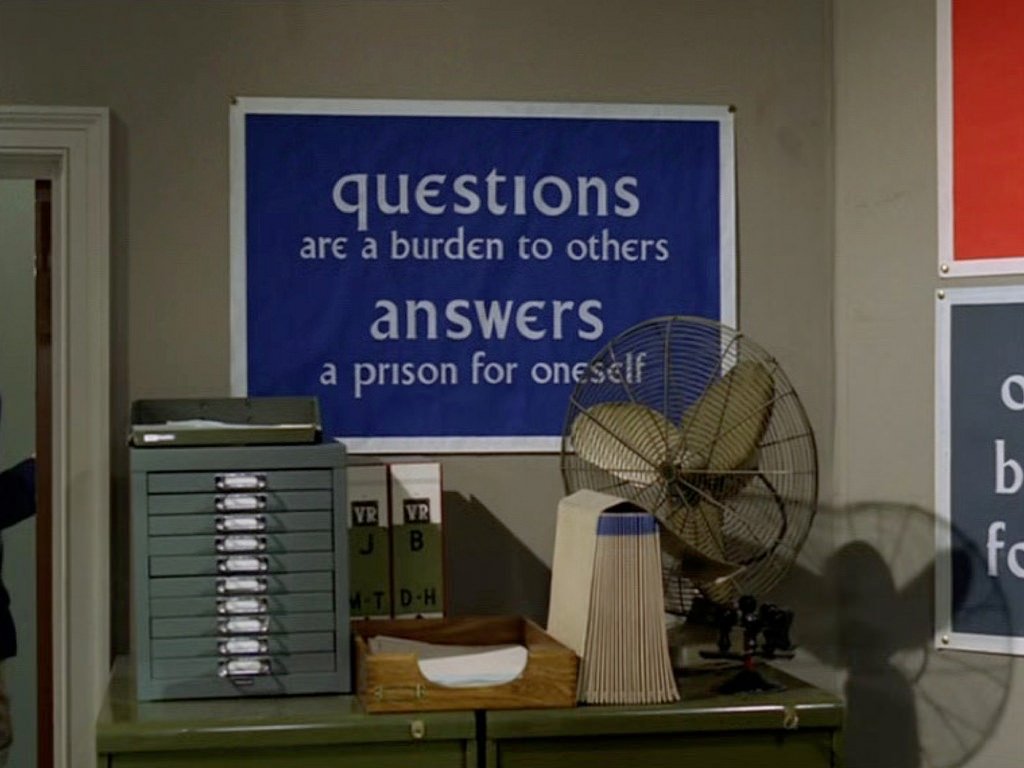One, we operate on first name terms.
Two, when you introduce yourself, you can say as much as you’d like to say. Researchers are asked to say a bit about their research and their interest in the session (just being interested is fine).
Four, anyone is free to leave (and return to) the session at any point without having to give any explanation.














